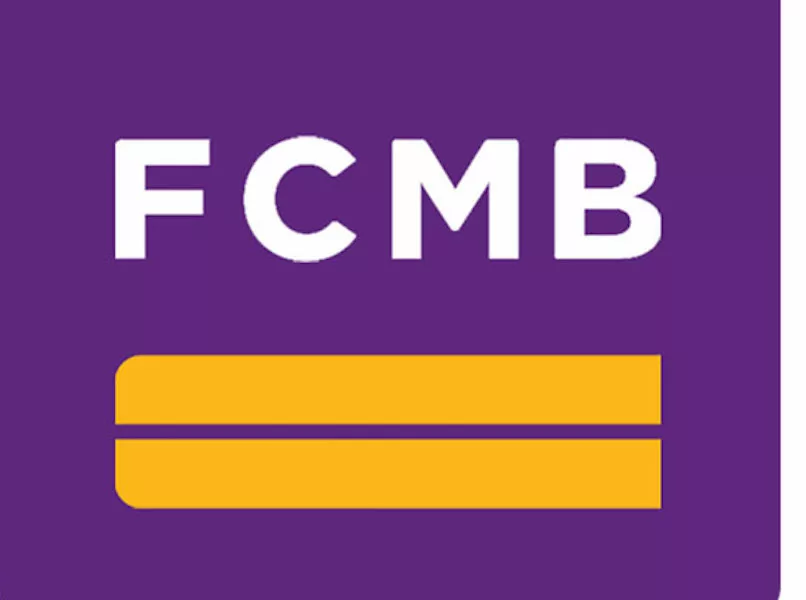
Between February 10, 2020, when the commercial operations of Lagos Ferry Services was launched by Governor Babajide Sanwo-Olu at Badore Terminal, Ajah Eti-Osa and March 19, 2024; it has been an eventful journey of 1000th day of commuting residents and visitors on Lagos inland waterways, the Managing Director, Lagos Ferry Services, AbdoulbaqLadiBalogun, has said.
Despite months of lockdown occasioned by the global outbreak of Coronavirus and the destructive #EndSars protest, the state-owned commercial ferry operator – Lagos Ferry Services was able to navigate the murky water, positively changing the narratives.
Commercial water transportation in Lagos State can be traced to the 1970s, when the state was still the federal capital of Nigeria. Then the Federal Inland Revenue Service (FIRS) operated ferry services to Apapa, CMS, Ebute-Ero and other locations within the city. Later, the state government under the LateefJakande administration also came up with its ferry service when it purchased two large ferry boats, “Baba Kekere” and “ItaFaji” operating along the Mile 2 to Apapa, CMS, Elegbata (Ebute-Ero) corridor.
Also, former Governor BabatundeFashola commissioned and operated ferry services from the following terminals; EbuteOjo Terminal (Now Sifax Terminal), Ipakodo Ferry Terminal (Ikorodu), Badore Ferry Terminal and Osborne Ferry Terminal with two units of 54pax Aluminum boats while former Governor AkinwunmiAmbode commissioned the IlajeBariga Waterfront Terminal with four units catamaran boats with a car barge (AdimuOrisa).
Under Governor BabajideSanwo-Olu, the re-invigorated Lagos Ferry Services is running water transport in 24 routes from 16 terminals/jetties with 19 commercial boats. Aside from this, the state government is rehabilitating and constructing 15 new terminals/jetties across the state, along with dredging of routes, channelisation, as well as removal of wreckages and water hyacinths.
The primary objective of Lagos ferry is to provide safe, efficient, and reliable water transportation services to the people of the state.
Speaking on the activities of Lagos Ferry Services, its Managing Director, AbdoulbaqLadiBalogun, said the state has made significant efforts to improve and develop the water transportation sector in the state.
Balogun added that this has been done through motivated workforce and competent professional.
“Lagos ferry to date has ferried over 1million passengers since its re-launched on February 6, 2020, enabled innovative logistics solutions for industries and corporate Lagos through cargo barge operation, recently constructed and completed a state-of-the-art, modern floating pontoon at CMS-Marina to provide a convenient berthing point and interconnectivity movement of the blue rail and bus rapid transport system for commuting residents and visitors alike.
“It also constructed well-equipped E-Fleet Surveillance systems with modern technology to monitor boat arrival and take off on the waterways.
“The state government has made strategic investments in ensuring the availability of amenities like well-equipped and furnished as well as state-of-the-art terminals, jetties, ticketing booths, waiting areas and security measures to improve the overall passenger experience.
“Furthermore, efforts have been made to improve last-mile connectivity by providing connectivity between waterways and other modes of transportation, such as buses and motorcycles.”
Balogun added that the Standard Model of Water Transportation under Governor Sanwo-Olu’s administration has worked towards developing a standard model for water transportation in the state.
“This involves defining regulations, safety protocols, and quality standards to ensure a reliable and secure commuting experience for all passengers. Hence, LAGFERRY becomes a benchmark for other boat and ferry operators within the state and Lagos State Waterways Authority is the regulatory body. This enables the government attracts more private sector investment and create a competitive market for water transportation services.”
According to Balogun, the overhaul of water transportation in Lagos State has set a standard for other states in Nigeria and beyond.
“The effective implementation of modern technology, infrastructure development, and operational efficiency has become a benchmark for other regions looking to improve their water transportation systems. Lagos State’s success has proven that water transportation can be a viable and sustainable solution to urban congestion challenges.
“With any mode of transportation, risks and insurance play a crucial role in ensuring safety and security. The government of Lagos State has implemented strict regulations and safety measures to mitigate risks associated with water transportation. Additionally, insurance policies have been introduced to protect both passengers and operators.
“LAGFERRY has had its fare share of operating risk, recording two incidences last year with no life lost, insurance policies put in place however ensured adequate cover.”
Balogun stated that one of the primary objectives of transforming water transportation is to alleviate the traffic density experienced on Lagos roads.
“By shifting a significant portion of commuter traffic to the waterways, the government aims to improve road network efficiency, reduce travel time, and enhance the overall quality of life for residents.
“With Governor Sanwo-Olu’s leadership and vision, water transportation in thestate has experienced an uncommon transformation. Through strategic investments, technological innovations, adopting chest practices and a commitment to the blue economy, the government has successfully created an integrated multi-modal transport system that provides a reliable, sustainable, and efficient alternative to road-based commuting.
“It has revolutionised commuting patterns. The future of water transportation in Lagos State is promising, with continued efforts aimed at optimising the vast potential of the waterways for economic growth, reduced traffic congestion, and enhanced quality of life for residents. Lagos State has become a leader in water transportation not only in Nigeria but also in Africa.”





